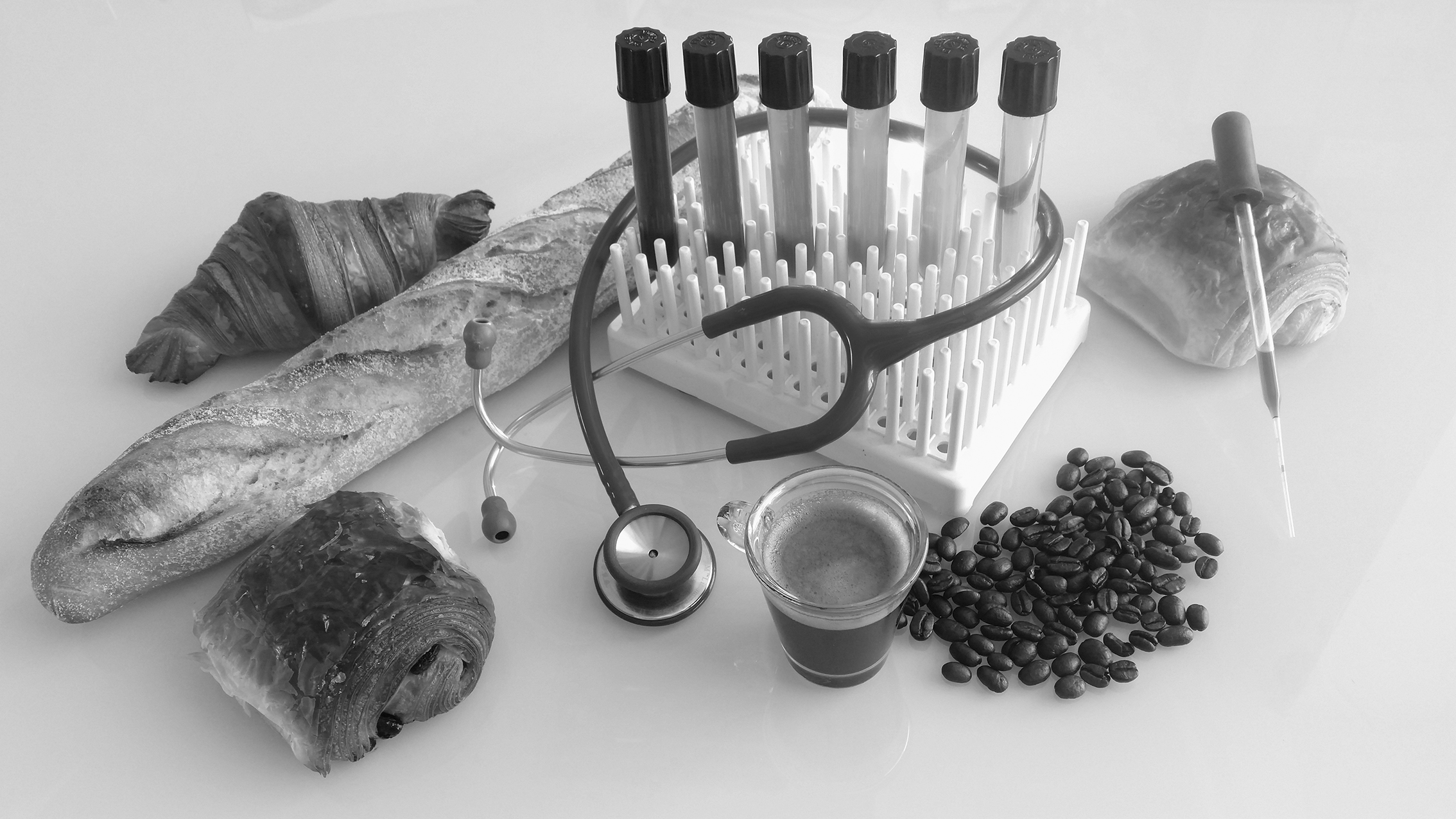Glycation, Maillard Reaction & Carbamylation
Applications to Food Technology, Nutrition & Human Health
(Archive)

Applications to Food Technology, Nutrition & Human Health
(Archive)
Our summer programme Food & Health 2023 will offer an interesting variety of material.
We shall examine the fundamentals of glycation and other non-enzymatic, post-translational protein modifications such as carbamylation, both in the human body and in food. Lectures from eminent researchers in the field will be held; a supervised project will offer a lead into research.
We shall delve into the effects of processing on both the nutritional and organoleptic qualities of food, how safe it is to eat as a result, and the overall consequences for human health from birth to adulthood. In particular, the role in the diet of Maillard reaction and similar potentially harmful neo-formed products on foetal and infant programming for adult disease will be discussed, as well as their influence on protein digestibility, low grade inflammation, oxidative stress and longevity.
There will be discussions on innovative strategies for preserving the nutritional quality of food and on how the unwanted formation of these products that occur during processing might be mitigated. A pharmaceutical approach to limit the pathological effects of Maillard reaction products will also be reviewed.
The quality of the work undertaken and your scientific potential will be assessed by an oral defence.
Minor modifications to the programme may occur.
Designed to facilitate your admission to doctoral or postdoctoral programmes in France, the Scientific Research Project will require personal work. It will include sessions of tutorials and a last session of presentation of the results and discussion with researchers and PhD students from Lille University School of Medicine. The different topics will be selected on the first day of the programme.
The project will be conducted in three stages:
Gain a richer perspective on the Hauts-de-France region!
The Hauts-de-France region is typified by its maritime and Flemish borders, agrarian economy, ancient trade fairs tradition, former textile and mine industries steeped in the Catholic values of its captains and vivid memory of wounds inflicted by two world wars. France’s youngest region is now renowned for its competitiveness, dynamic cultural and social life, and a unique mix of Flemish cheerfulness and French elegance.